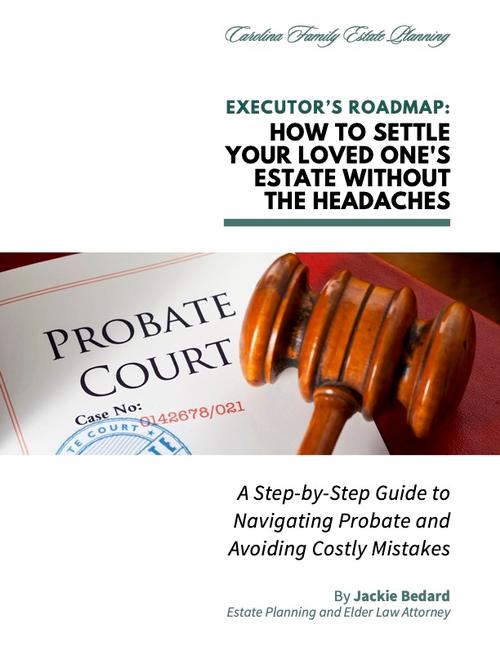Ultimately, it depends on the nature of the Estate and your goals. We find that there are few truly “simple” estates—and those that are “simple” are generally ones that have less than $50,000 in total assets (including the value of the home). The more assets that are at stake, the more work there is to do, the more legal requirements involved, and the more decisions that need to be made.
Most people have little to no experience with settling an Estate, which results in a “you don’t know what you don’t know” hazard. Unfortunately, the Estate Administration process is fraught with potential landmines for the ill-informed, The Executor or Trustee is held personally liable for complying with the law—meaning that if you make a mistake, you could be held responsible by a Court to correct the error. If such an error caused financial harm to the Estate, you would have to reimburse the Estate from your personal savings to correct the error. Therefore, many Executors and Trustees hire a law firm to assist them with the Estate Administration process. By hiring a reputable law firm to help you, you limit your liability exposure by shifting your liability to the law firm’s professional malpractice liability.
In addition, the role of Executor or Trustee can be incredibly time-consuming. Even a modest estate can require 10-20 hours per week of your attention, depending on what phase of Estate Administration you are in. This is a lot of work and responsibility to take on—particularly at a time when you are grieving the loss of your loved one and trying to meet your other day-to-day responsibilities, such as family obligations and “day job” requirements.
We often find that when an Estate has more than $50,000 in total assets, the costs of hiring professional legal assistance are worth the time, energy, hassle, headaches, and liability protection savings. In some instances, your experience attorney may even be able to spot monetary savings to the Estate, such as tax savings opportunities or opportunities to negotiate a discount on settling claims of the Estate.

